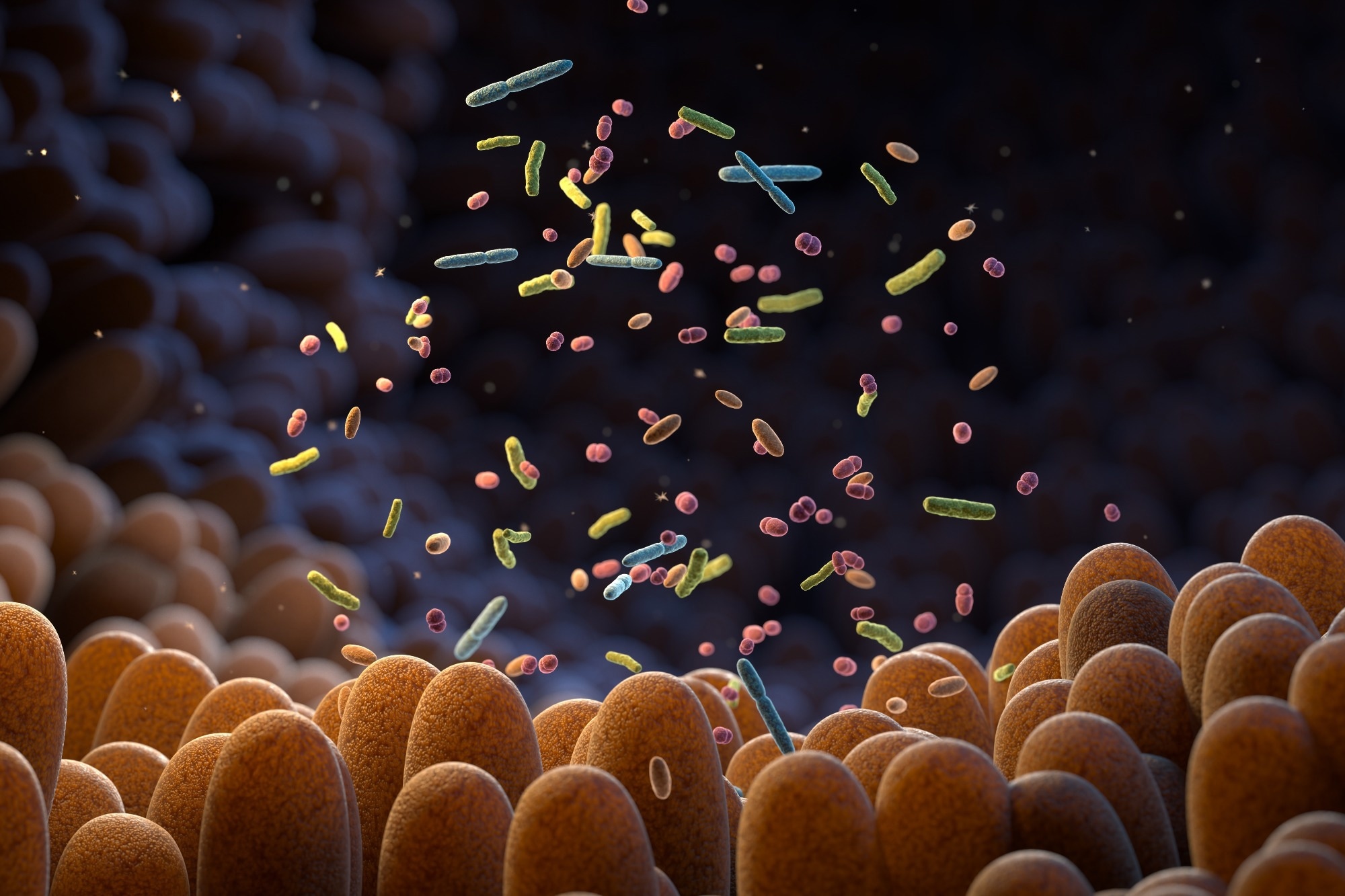In a recent study published in the journal Frontiers in Nutrition, a group of researchers evaluated how various intermittent fasting (IF) regimens impact the composition of the human gut microbiome.
 Study: The impact of intermittent fasting on gut microbiota: a systematic review of human studies. Image Credit: Tatiana Shepeleva / Shutterstock
Study: The impact of intermittent fasting on gut microbiota: a systematic review of human studies. Image Credit: Tatiana Shepeleva / Shutterstock
Background
Fasting, the voluntary avoidance of food and drinks, varies from calorie restriction (CR), which reduces daily calorie intake without causing malnutrition. Fasting is categorized into IF and prolonged fasting (PF), with PF involving water-only consumption for two or more days. IF is popular in various lifestyles, religions, and cultures, encompassing methods like time-restricted eating (TRF), where food intake is limited to 12-18 hours daily, alternate day fasting (ADF), and the 5:2 diet, which alternates between fasting and unrestricted eating days. While TRF may not reduce overall calorie intake, ADF limits calories to about 25% of daily needs on fasting days. Research indicates IF benefits weight loss, blood pressure, anti-inflammatory responses, and metabolic health, partly through modifications in the gut microbiota, impacting glucose metabolism and inflammation. Further research is needed to clarify the specific effects of IF on the human gut microbiome and its implications for health due to the current heterogeneity and limited scope of existing studies.
About the study
The present review explored IF effects on gut microbiota, following Preferred Reporting Items for Systematic Reviews and Meta-Analyses (PRISMA)2020 guidelines and registered with the International Prospective Register of Systematic Reviews (PROSPERO). Initial and follow-up searches across four databases targeted English studies up to 2021, including direct author contacts, to ensure comprehensive IF research coverage.
The review's inclusivity spanned various IF modalities, initially focusing on TRF before expanding to ADF and the 5:2 diet in response to the scarcity of TRF-specific research. Exclusions were made for non-human, observational, and non-experimental studies, among others, favoring randomized controlled trials, quasi-experimental studies, and pilot studies without restrictions on participant demographics.
The selection process involved a thorough screening of titles and abstracts by three independent reviewers, utilizing Rayyan Qatar Computing Research Institute (QCRI) for efficient collaboration and conflict resolution. This initial phase reduced the pool from 1,172 records to 22 potential studies, further narrowed down through consensus after full-text review. The expansion of inclusion criteria and a second search round eventually enriched the review with eight pertinent studies despite the initial limitation to TRF studies.
Data extraction was evenly distributed among reviewers, focusing on outcomes related to gut microbiota diversity and composition alongside study and participant characteristics without making assumptions about unclear data. The risk of bias was rigorously assessed using Cochrane's tools, facilitating an unbiased and thorough synthesis of the available evidence on the impact of IF on gut microbiota.
Study results
The present systematic review process precisely outlined the search and selection stages, leading to a critical evaluation of the included studies for risk of bias, utilizing Cochrane's tools. This appraisal revealed varied levels of bias, highlighting a need for a cautious interpretation of the findings.
The review delved into the intricacies of IF impacts on gut microbiota, dissecting the methodologies employed across studies to assess microbiota composition and diversity. Through this exploration, it emerged that while several studies observed changes in microbiota richness and diversity, the findings were not uniformly consistent, indicating a complex interplay between IF and gut microbiome dynamics.
Analyses of gut microbiota richness and diversity across studies on IF showed varied outcomes, indicating IF's significant but variable impact on the gut microbiome is influenced by demographic and dietary factors. Beta diversity assessments revealed distinct shifts in microbial communities under different IF protocols, highlighting the diet's personalized effects on gut health. Moreover, the composition of gut microbiota demonstrated both consistent and varied changes in bacterial populations, reflecting the complex influence of IF on the gut ecosystem. This variability suggests IF's effects are shaped by the specific fasting approach, individual dietary habits, and baseline microbiome characteristics, pointing to an interaction between diet and gut health.
Additionally, the review illuminated the broader physiological and metabolic implications of IF, including weight loss and dietary changes, across various forms of fasting. While some studies reported significant weight reduction and alterations in energy intake, others highlighted the stability of macronutrient percentages or shifts in food group consumption, painting a complex picture of IF's influence on diet and body composition.
The differential findings across TRF, ADF, and 5:2 diet studies not only reflect the diverse methodologies and populations studied but also hint at the potential for IF to induce specific microbiota and metabolic changes, contingent upon the nature and context of the fasting intervention. As revealed through this review, the variations in dietary intake and its subsequent impact on weight and metabolic health emphasize the intricate relationship between fasting practices, nutritional status, and gut microbiome composition.